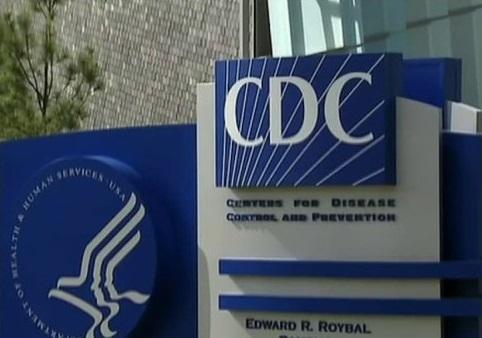EXPLAINER: What is streptococcal toxic shock syndrome

A deadly bacterial infection which is reportedly on a rise in Japan has also been detected in the Philippines. What is this disease and how should Filipinos protect themselves against it?
According to the Centers for Disease Control and Prevention (CDC), streptococcal toxic shock syndrome or STSS is a “rare but serious” bacterial infection. It has a fatality rate of 30%, meaning it could kill three out of 10 people infected with it.
Japan has recently reported a record number of cases of STSS, which caused concern among its locals and even to some foreign travelers.
Based on a Japan Times report, infectious disease expert Hitoshi Honda, however, said that they are not expecting a pandemic-level of infections of STSS.
“It’s not the kind of infectious disease that would require travel restrictions — at all,” he said.
In the Philippines, infectious diseases expert Dr. Rontgene Solante on Thursday confirmed that several cases of STSS have also been recorded.
He explained that the disease is caused by Group A Streptococcus Pyogenes, a bacteria that causes pharyngitis or inflammation of the pharynx. This bacteria, which could enter through a wound, could result in a rare and severe complication when spread into the bloodstream.
But the Department of Health said it does not see STSS as a public health concern as of the moment.
“The DOH does not see STSS as a public health concern at this point in time,” DOH spokesperson Assistant Secretary Albert Domingo told reporters in a Viber message.
Symptoms
The CDC noted that the first symptoms of STSS include fever and chills, muscle aches, nausea, and vomiting. About 24 to 48 hours after these symptoms develop, an infected person may suffer from low blood pressure, faster than normal heart rate, rapid breathing, and organ failure.
“STSS often results in complications from organs shutting down and the body going into shock. Complications can include needing surgery to remove infected tissue or limbs to control the infection,” the CDC said.
Solante even likened the bacteria that causes STSS to a “flesh-eating bacteria.”
“Flesh-eating kasi ‘yung sugat na 'yan, ang bilis niyang lumalaki na nangingitim so parang kinakain na rin siya. Parang ‘yung area kung saan ‘yung sugat, lumalaki, lumalago tapos namumula, nangingitim,” he added.
(It is flesh-eating because the wound would grow so fast and would turn black, so it's like the bacteria is eating the flesh. The wound would get bigger and the area where the wound is would turn red or black.)
He said that STSS commonly affects those with weak immune systems, including the elderly population, and even those with diabetes and chronic renal failure.
To avoid getting infected, he advised those who are vulnerable to wear face masks and to wash their wounds thoroughly as the bacteria could be acquired through skin-to-skin contact.
Those who experience symptoms should also immediately consult a doctor for proper treatment.
Despite what is happening in Japan, Solante said that there is no need for the Philippines to impose travel restrictions and just reminded the public to remain cautious. — RSJ, GMA Integrated News




